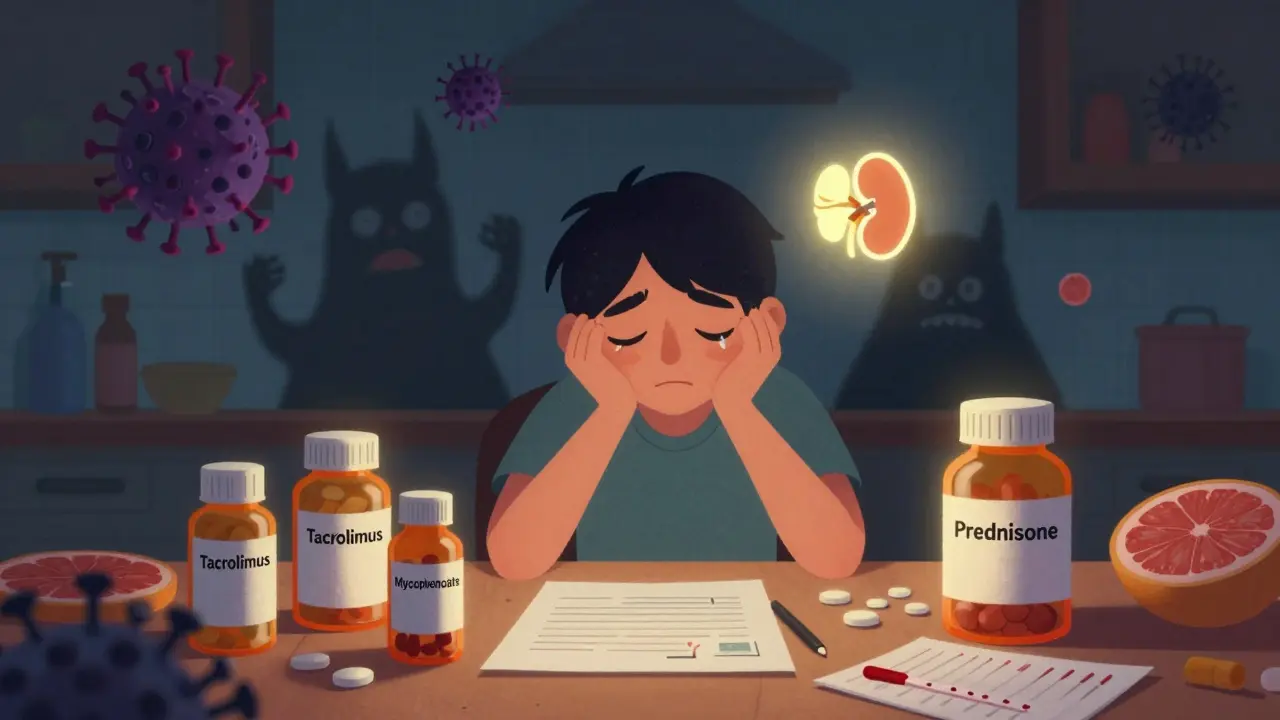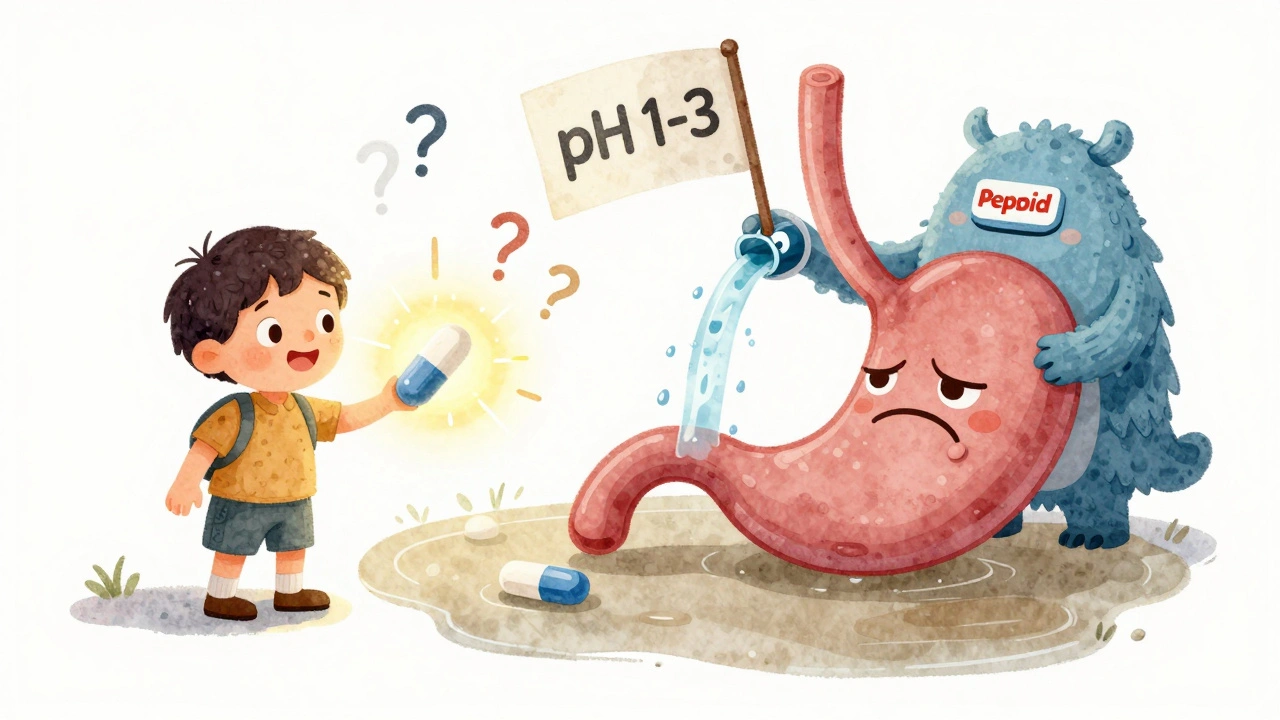Drug interactions: what to watch for and how to stay safe
Ever taken a new pill and felt something unexpected happen? That might be a drug interaction — two or more substances changing each other's effects. Interactions can make a medicine stronger, weaker, or cause new side effects. You don’t need a chemistry degree to avoid most of them; a few clear rules and questions to ask will go a long way.
First, know the usual suspects. Blood thinners like warfarin (Coumadin) are famous for interactions — other drugs, many antibiotics, and foods high in vitamin K (like spinach) can change how well they work. Antidepressants such as SSRIs (for example, Lexapro) can raise bleeding risk when combined with anticoagulants or NSAIDs. Some antibiotics and antifungals interfere with hormone or heart meds. And herbal supplements like St. John’s wort can make birth control and many prescription drugs less effective.
Watch food and common items
Grapefruit juice is a simple example that causes real problems: it blocks enzymes (CYP3A4) that break down many medicines, so drug levels can spike unexpectedly. Alcohol adds sedation to many medications and can harm the liver when mixed with acetaminophen (paracetamol). Even over-the-counter pain relievers matter — ibuprofen and other NSAIDs increase bleeding risk with blood thinners and can worsen kidney issues when combined with certain blood pressure drugs.
How to check and act — practical steps
1) Keep a list: include prescription meds, OTCs, vitamins, and herbal remedies. Put it on your phone and carry a printed copy to every clinic visit. 2) Ask the pharmacist: they review interactions every time you pick up a prescription. Say out loud if you take supplements or recreational substances. 3) Use reliable checkers: tools from pharmacies, NHS, or FDA give immediate flags — but treat them as a prompt to talk with a professional, not final answers. 4) Monitor symptoms: new bruising, unusual drowsiness, fast heartbeat, or severe headaches are reasons to call your prescriber right away. 5) Don’t stop meds abruptly without advice — stopping some drugs suddenly can be dangerous.
Special situations: older adults and people on many medications are at higher risk. If you start a new drug like an antidepressant, antibiotic, or heart medicine, ask specifically: "Does this interact with my other meds or supplements?" If you’re on warfarin, ask about INR monitoring and which foods to keep steady. For birth control users, ask about antibiotics like rifampin and herbal products that can lower effectiveness.
Final tip: trust the team. Pharmacists and clinicians see interactions every day. If something feels off after adding a new drug or supplement, don’t wait — check in. Small actions now can prevent serious problems later.
Organ transplant recipients rely on lifelong immunosuppressants to prevent rejection, but these drugs carry serious side effects and dangerous drug interactions. Learn how tacrolimus, mycophenolate, and steroids impact health - and what you can do to manage risks.
Digoxin and amiodarone together can cause deadly toxicity. Learn why this interaction happens, who's at risk, and exactly how to prevent it with proven, step-by-step dosing strategies.
H2 blockers like famotidine can reduce stomach acid enough to stop antivirals and antifungals from working. Learn which drugs are affected, how to avoid dangerous interactions, and what to do if you're already taking them together.



